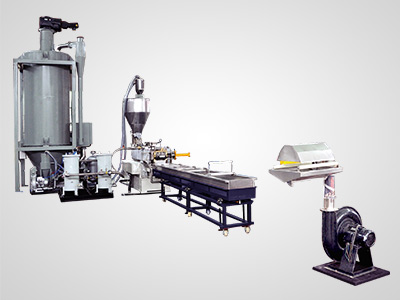The Role of Washing Lines in Enhancing Plastic Film Recycling Processes
Plastic film recycling is a complex and multifaceted process that requires careful attention to detail at every stage. Among the many components of a modern recycling facility, washing lines play a crucial role in enhancing the quality and efficiency of the recycling process. In this article, we will explore the indispensable role of washing lines and their impact on plastic film recycling processes.
At the heart of every washing line is a series of sophisticated machinery and equipment designed to clean and prepare plastic film for recycling. The process begins with the sorting of incoming materials, where various types of plastic film are separated based on their composition, thickness, and color. Once sorted, the plastic film is fed into the washing line, where it undergoes a thorough cleaning process.
The cleaning process typically consists of several stages, each designed to remove specific types of contaminants from the plastic film. Water and detergents are used to loosen dirt, grease, and other surface impurities, while mechanical scrubbers and brushes ensure that the film is thoroughly cleaned. Advanced filtration systems are then employed to remove solid particles from the wash water, allowing it to be recycled within the system.
One of the key advantages of washing lines is their ability to remove contaminants that would otherwise degrade the quality of the recycled material. By thoroughly cleaning the plastic film, washing lines ensure that the resulting material meets stringent quality standards, making it suitable for use in a wide range of applications. This high-quality recycled plastic can then be used to produce new packaging, construction materials, and consumer goods, reducing the need for virgin materials and minimizing environmental impact.
In addition to improving material quality, washing lines also play a crucial role in maximizing the efficiency of the recycling process. By automating many of the cleaning and sorting tasks, washing lines help reduce labor costs and increase throughput, allowing recycling facilities to process larger volumes of material in less time. This increased efficiency not only improves the economics of recycling but also helps reduce the environmental footprint associated with waste disposal.
As the demand for recycled materials continues to grow, washing lines will play an increasingly important role in the plastic film recycling industry. By enhancing the quality and efficiency of the recycling process, washing lines help ensure that plastic film is recycled effectively and sustainably, contributing to a cleaner, greener future for generations to come.




























